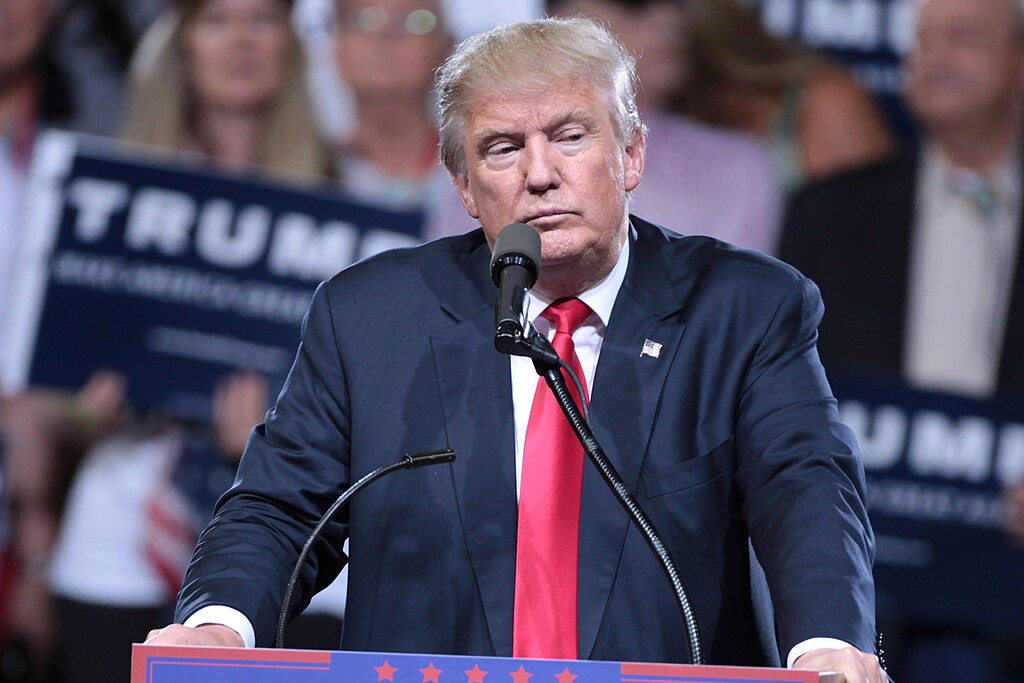It used to be the case that companies avoided political involvement at all costs and tried to stay as neutral as possible. However, consumers have become more socially conscious about the products and services that they use.
A 2017 study on corporate social responsibility by public relations and marketing agency Cone Communications found that 87 percent of Americans will purchase a product because a company advocated for a cause they cared about. The study also found that 78 percent of Americans believe it is important for companies to stand up for important social justice issues. These staggeringly high numbers show that consumers want companies to address and express their views on social issues.
In addition, compared to older generations, millennials are more likely to be concerned with a company’s ethics and politics and have higher expectations for a company’s political stances. According to a recent report by digital politics and policy outlet The Morning Consult, millennials care more about helping the people of the world compared to older generations. In addition, 38 percent of millennials in the same study said that they paid some attention to the ethical and political matters relating to companies they buy goods and services from, and 15 percent said they pay a great deal of attention to this.
To keep up with the increasing demands of consumers, many companies are becoming more involved when it comes to politics. Being more politically engaged makes companies more appealing to the millennial generation because, in doing so, they focus on the values and motivations of their company. For example, clothing company Patagonia became vocal about President Trump’s environmental legislation which reduced the size of two national monuments in Utah. The company aggressively opposed Trump’s executive order, thus informing its customers of the stance it was taking.
Another example of a company that became heavily involved in politics is Starbucks. Its CEO, Howard Schultz, has spoken out about several issues including immigration policy, race relations and gun control. Being involved with politics and addressing social issues is increasingly becoming a valuable trait for companies. It is almost seen as more of a negative if a company is not politically involved.
While a positive aspect of political awareness is that a company may become outspoken, the negative aspect is that it sometimes prompts them to hide their politics from consumers. For example, consider the American streetwear brand Supreme, which sold a 50 percent stake of its billion-dollar company to the Carlyle group, a private equity firm. Supreme CEO James Jebbia was tight-lipped about the deal and kept it under wraps at first, later confirming it after rumors had circulated. The controversial political involvement of the Carlyle group is one of the reasons behind this almost-silent deal. The Carlyle group is heavily involved in defense contracting and essentially benefits from war and conflict. In addition, the group has invested heavily in oil drilling and coal mining companies. These controversial political involvements could potentially turn consumers away from Supreme.
Despite the Carlyle group’s controversial involvement in politics, Supreme should be open about the deals and agreements that it is a part of. If a company is making the choice, directly or indirectly, to get involved with politics and social issues, then it should be prepared to face not only the praise but the criticism that comes along with it too. Even when it comes to controversial topics, it can still be beneficial for company leaders to be open and forthright about their positions instead of concealing them.
People can be surprisingly tolerant of a company’s political positions as long as its affiliates are forthright about it. For example, consider the controversial incident in 2012 involving the fast-food restaurant company Chick-fil-A, whose CEO was criticized for his conservative views on same-sex marriage. The company suffered no real long-term consequences despite the heavy backlash that it received in 2012. Given the popularity of Supreme, it should be even more of an obligation for the company to be transparent with its political involvements.
Being open and transparent about political involvement allows companies to focus on the values and motivations behind their mission. Better yet, it forces consumers to be more aware of the issues that companies support and care about, which in turn can help them make more socially-conscious and ethically-driven decisions.
Rithika Senthilkumar is a Collegian columnist and can be reached at [email protected].



















NITZAKHON • Dec 14, 2018 at 7:53 am
What about political affiliations of potential employees? Do you vet every social contact by what they believe? What a limited and insular view of the world you have.
And if you cut off everyone of a different opinion, how will you handle them when you’re out in the real world and you meet someone to the right of Stalin? Or someone who *gasp* is pro-life, or pro-gun, or wants a border wall?